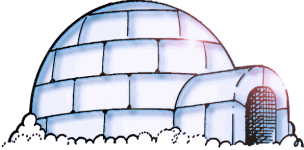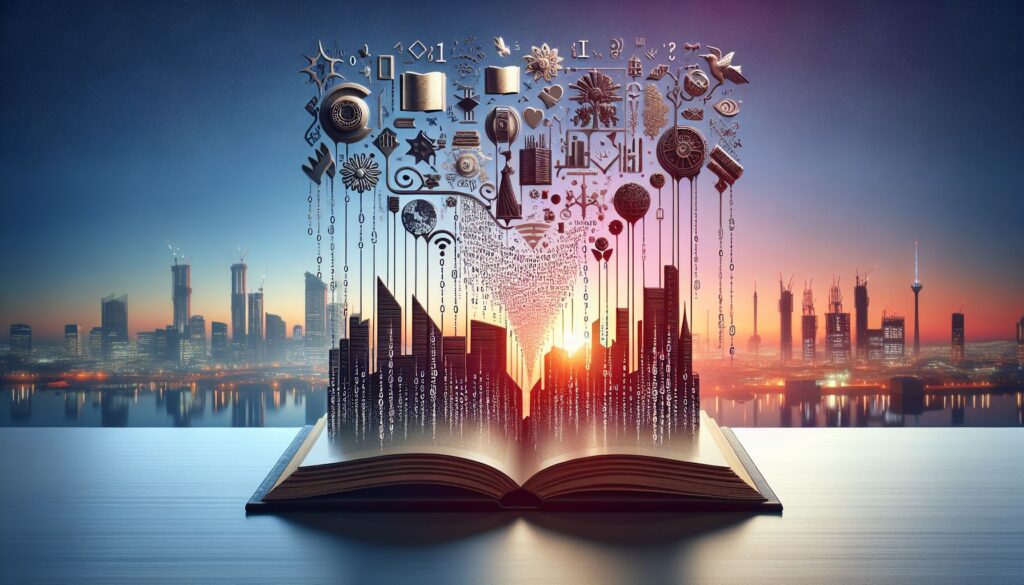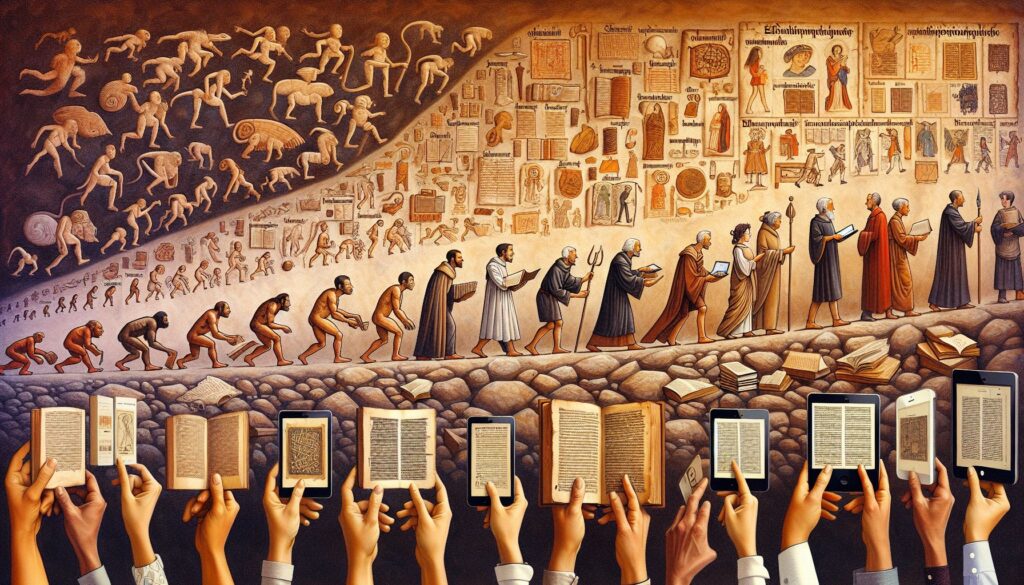The digital age has ushered an unprecedented transformation in our lives, connecting people, ideas and narratives in ways that was once a far-fetched dream. This constant evolution of technology has also enveloped the world of literature, leading to shifts in reading habits, the way books are crafted, and how narratives are disseminated and consumed. As screens replace physical pages, and audio books gain ground, the timeless love for stories remains unaltered, subtly weaving itself into different facets of our life and culture.
 Journeying through the intricate landscape of literature is a captivating adventure. It transcends time, moving seamlessly from tales woven in the yesteryears to current chart-topping bestsellers. Classic literature, with its rich and diverse narratives, mirrors life with an uncanny realism that resonates deeply with readers. It is intricate, powerful and profound, often grappling with universal human experiences and offering readers profound reflections about themselves and the world they inhabit.
Journeying through the intricate landscape of literature is a captivating adventure. It transcends time, moving seamlessly from tales woven in the yesteryears to current chart-topping bestsellers. Classic literature, with its rich and diverse narratives, mirrors life with an uncanny realism that resonates deeply with readers. It is intricate, powerful and profound, often grappling with universal human experiences and offering readers profound reflections about themselves and the world they inhabit.
Talented authors have the knack to bring worlds to life, making readers think, laugh, and cry. Their narratives can act as windows, allowing us to glimpse into different cultures, perspectives, and experiences, but also mirrors, reflecting our internal world. This transformative power of literature has remained unchanged, even as the medium of its transmission transformed monumentally from ink on parchment to pixels on a screen.
In today’s digital landscape, e-books, with their portability, and the capacity to carry a virtual library in one’s pocket, have soared in popularity. Similarly, audiobooks with their hands-free convenience have found favor among people who love multitasking. Technology has upped the convenience factor making reading accessible, regardless of geographical and physical constraints. These developments have impacted the publishing industry, giving a rise to self-publishing and providing an alternative pathway to authors who defy traditional genres and themes.
Parallelly, reading habits have evolved. Lengthy, verbose prose has given way to the concise, fast-paced narrative that aligns with the fast-paced digital culture. Infographics and visuals often supplement text to aid comprehension. The rise of online book clubs and forums has made reading a more interactive and social experience.
While the realm of words have always influenced culture, the advent of technology compounds this impact. Today, narratives don’t just have to be read; they can be watched, heard, and absorbed in ways, unbeknownst to us before. Characters from beloved novels are no longer confined to pages, but can be seen in TV adaptations, movies, and immortalized through gifs and memes on social media. Our language and idioms are often inspired by literary quotes, catchphrases, and book titles, shaping our collective consciousness and dialogue.
As we look towards the unknown future, we are reminded of the wise words of the Finnish poet, Samuli Paronen: “Technology is the knack of so arranging the world that we do not experience it.” But even as VR books, AI narratives, and immersive storytelling beckon, the essence of storytelling wouldn’t change: human emotion. Technology might change our ways of interacting with books, but the fundamental relationship between a narrative and its reader will continue to evolve organically. With each turned page, scroll or swipe, we unravel a little more about the world and ourselves.
In conclusion, literature, in its myriad forms and platforms, will continue to unfurl its magic, helping us navigate the labyrinth of life. Technology might change the landscape of literature, but the spirit of storytelling remains unshaken. And as a testament to that, the traditional printed book too, continues its steadfast existence, cherished by literary purists and casual readers alike. As the cycles of innovation churn, the world of books and the influence of narratives continue its course, enriching and evolving cultures.




